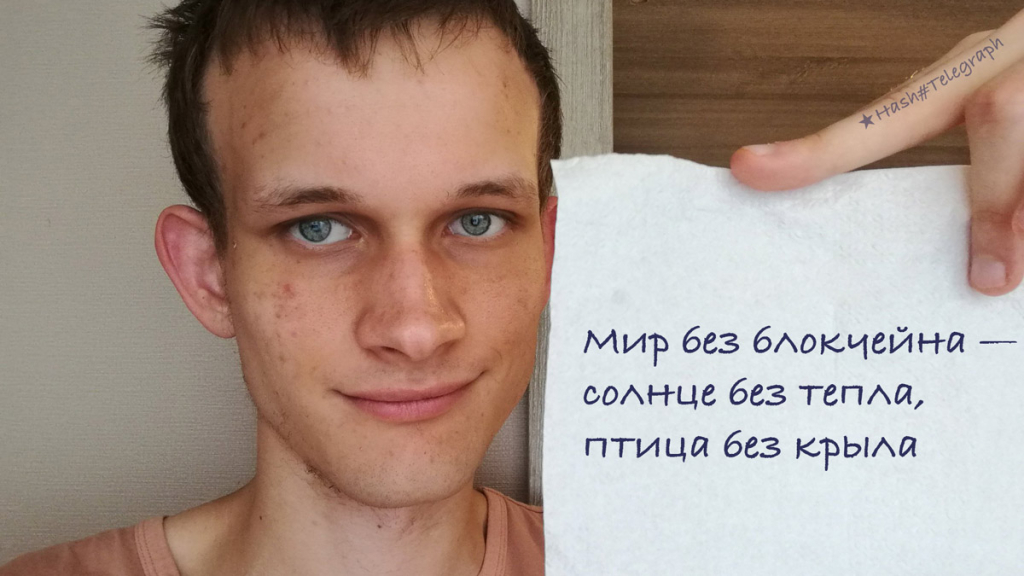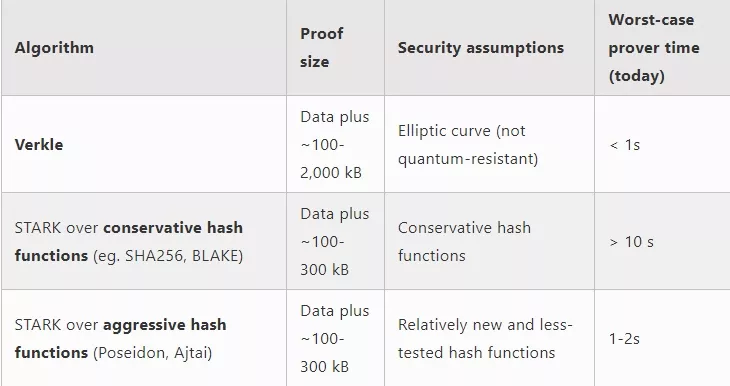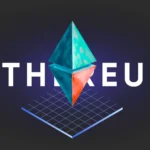
Ethereum co-founder Vitalik Buterin explored potential ways to democratize user participation in solo staking in the fourth installment of his essay on Ethereum’s future.
Possible futures of the Ethereum protocol, part 4: The Vergehttps://t.co/ij3wtBByeY
— vitalik.eth (@VitalikButerin) October 23, 2024
Buterin emphasized that running a fully validating node should be as accessible as possible for users. One solution involves implementing technologies that reduce the amount of data required to validate blocks. He proposed the use of innovations like Verkle trees and ZK-SNARK proofs, which could significantly decrease the amount of stored data.
Currently, node operators are required to store hundreds of gigabytes of network state data, a volume that continues to grow, making solo staking increasingly less accessible to ordinary users.
“This reduces the number of users who can run fully validating Ethereum nodes. While hard drives are spacious enough to store the data, most computers purchased by users simply don’t have sufficient memory,” explained Buterin.
Stateless Verification: A Path Forward
Buterin suggested that stateless verification could solve this issue by enabling block validation without storing the full blockchain state. This would be achieved through “witnesses,” which provide the essential data needed for block verification.

He added that adopting these technologies would greatly simplify participation in solo staking. Alongside developments like Orbit SSF, which aim to lower the minimum deposit, solo staking could become even more accessible to a broader range of users.
“Addressing the state data issue will significantly simplify solo staking and make it more accessible to ordinary users,” the Ethereum co-founder concluded.














 Cryptol – your source for the latest news on cryptocurrencies, information technology, and decentralized solutions. Stay informed about the latest trends in the digital world.
Cryptol – your source for the latest news on cryptocurrencies, information technology, and decentralized solutions. Stay informed about the latest trends in the digital world.